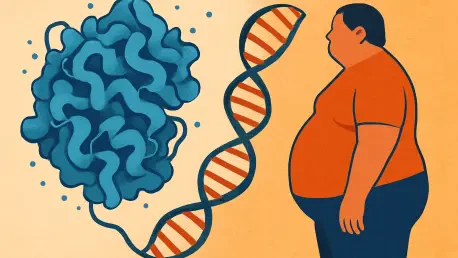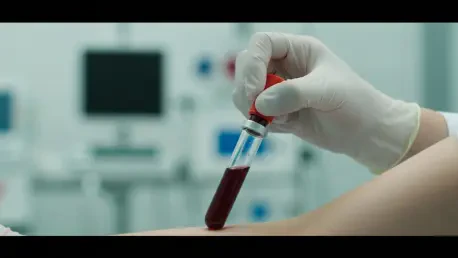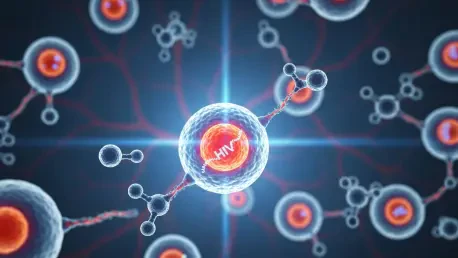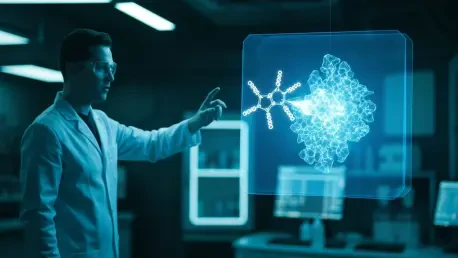
In the challenging landscape of pediatric oncology, researchers from St. Jude Children's Research Hospital have illuminated a new path forward with a highly promising combination therapy designed to combat atypical teratoid rhabdoid tumor (ATRT), a rare and exceptionally aggressive form of brain

With deep expertise in biopharmaceutical innovation and a sharp focus on oncology, Ivan Kairatov has been at the forefront of translating complex molecular discoveries into potential therapeutic strategies. Today, he joins us to discuss a groundbreaking study that shines a new light on one of

A comprehensive analysis of a recent study has unveiled the pivotal role of a partner protein in supporting a key appetite-regulating protein, providing profound new insights into the molecular mechanisms governing human energy balance. This discovery, led by an international research team from the

For decades, oncologists have wrestled with a difficult paradox in treating colon cancer: a promising anti-inflammatory drug seemed to work for some patients but not for others, leaving doctors without a clear path forward until a re-examination of old evidence revealed a hidden clue in the

Today we are joined by Ivan Kairatov, a biopharma expert with deep insights into the intersection of technology and medical innovation. For decades, the goal of HIV treatment has been management—using antiretroviral therapy to suppress the virus to undetectable levels. A true cure has remained

Beyond the primary battle against tumors, many cancer patients face a debilitating secondary war against cachexia, a profound wasting syndrome that silently erodes the body and spirit. This severe metabolic condition, marked by unintentional weight loss and muscle deterioration, significantly